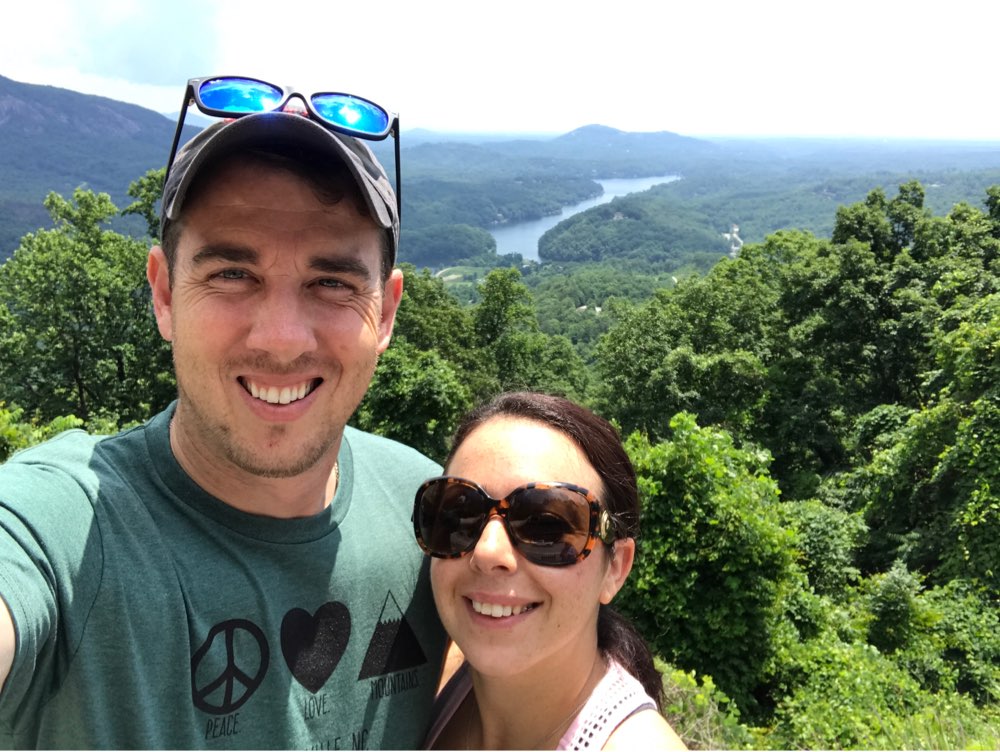December 2012 LSAT - Section 2 - Question 23


Annie November 19, 2019
Hi @JasonD,
JasonD November 19, 2019
Thank you, very helpful!